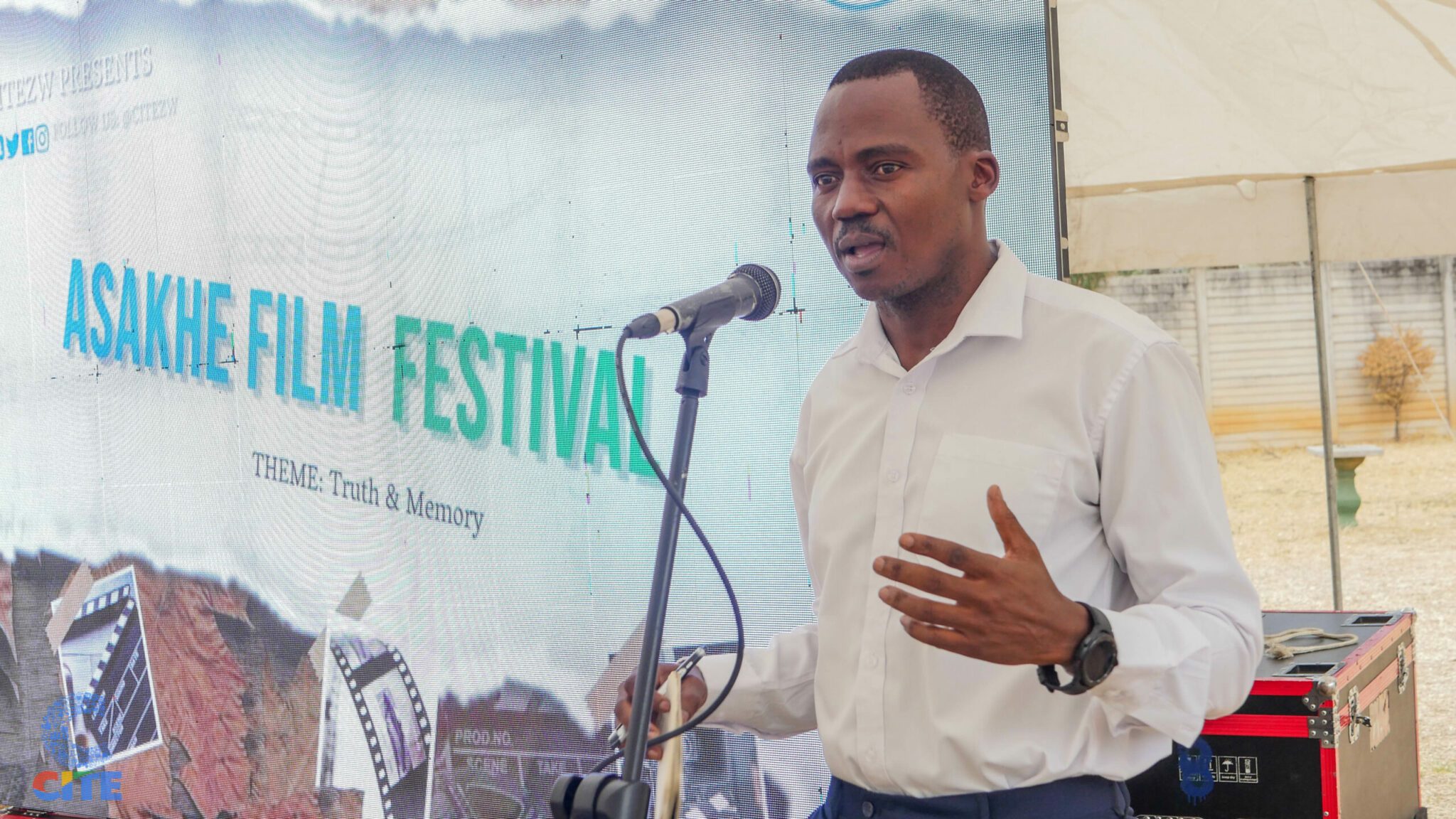Efforts by different organisations to have the emotive Gukurahundi issue resolved are not going to waste but are beginning to bear fruit, Centre for Innovation and Technology (CITE) director, Zenzele Ndebele has said.
At least 20, 000 civilians in Matabeleland and the Midlands were killed in the early 1980s by the Fifth Brigade deployed by the government in the two regions under the guise of ‘flushing out dissidents’.
The issue has for nearly 40 years remained unresolved, with the government in the past have said it was a “closed chapter.”
However, with mounting pressure from within and outside the country, President Mnangagwa has been meeting with chiefs in the affected areas with a view to finding a lasting solution to the issue.
Speaking during the launch of a Gukurahundi documentary, titled “We will Crush Them” Monday, Ndebele said, “we are getting somewhere on Gukurahundi.”
The launch was part of CITE’s week-long Asakhe Film Festival which kicked off yesterday and ends Friday.
“It has been a wonderful journey, looking at this issue of the festival,” said Ndebele.
“I started having an interest in Gukurahundi around 2005 and we had the first documentary around 2006 and it has been sometimes, I don’t know whether to say fascinating because of the issue that we are dealing with. You would find that each time, each year we are dealing with a production, I think in the past three years we have been dealing with a documentary or two and each time we are working on a documentary, we learn something new that we didn’t know.”
He said when he began working on Gukurahundi, very few people were interested in the issue.
“When we started recording issues of Gukurahundi around 2006, you know to go to a villager and tell them that you want to talk about Gukurahundi, was just something else,” he said.
“People would say are you sure? Who sent you? So, you guys were sent again to come and kill us and you are pretending like you want to talk to us. So they didn’t want to hear anything about it. People didn’t even want to watch any documentaries on Gukurahundi. They would say ‘ufuna ukusitshayisa (You want to get us beaten).” Ndebele said there was a time when they had to launch a Gukurahundi documentary in South Africa owing to resistance from locals.
“But to get to a point where in 2022 we are doing this launch, a week after there was actually a launch where the President came and was presented with documents, I think I want to congratulate people who are in this place, people who are here because, over the years, you have not stopped talking about it.”
He paid tribute to organisations such as Ukuthula Trust, Imbovane and others which have all along been working on Gukurahundi, adding the country was making some progress on the issue.
“We might not really now see the progress that we have made because we want more, and people want the documents to be written ‘the Gukurahundi Genocide,” he said.
“Don’t worry about terminology, worry about what is inside. Let’s measure progress. Where do we start? In 2008 it was unimaginable that the President could sit down with chiefs to discuss Gukurahundi. I think we are getting somewhere.”
He added: “In 2008 we couldn’t even imagine writing to the police saying we want to launch a documentary on Gukurahundi. You had to do it somehow without them knowing. We are getting somewhere.”

